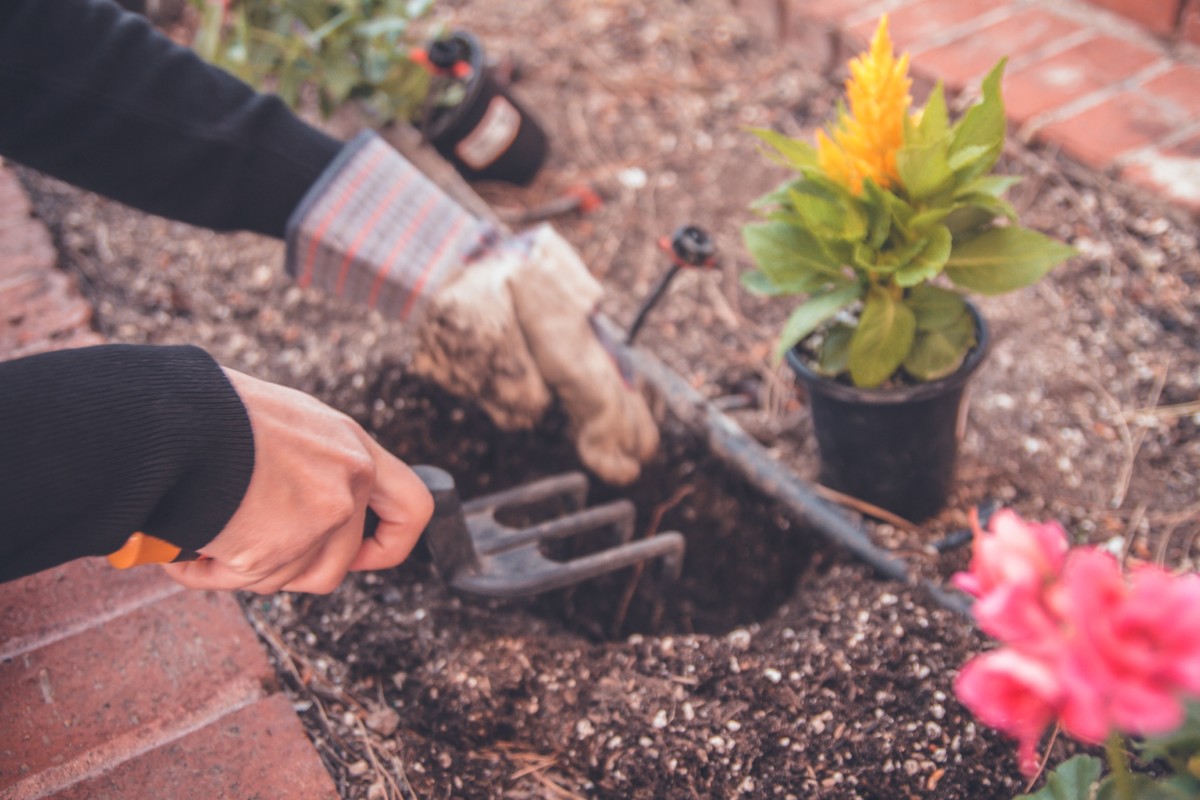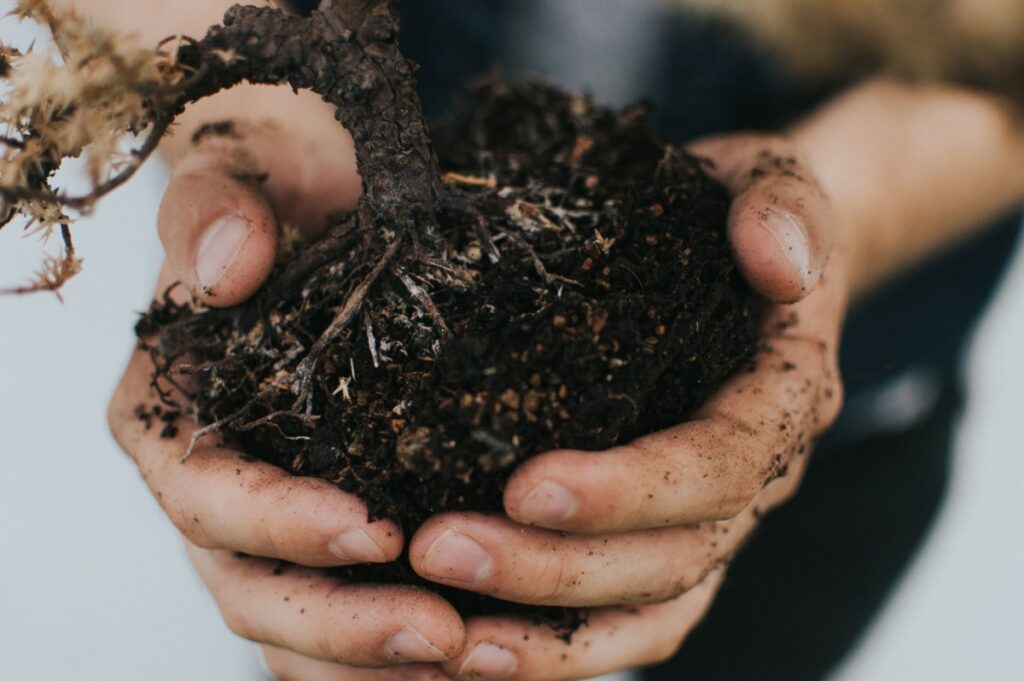As spring begins to turn to summer we find ourselves being drawn outside by the warm weather, often to enjoy long walks in parks, or a refreshing pint or 10 in our local beer gardens. Unfortunately though in 2020 we will not be able to make the most of our god-given easter long weekend thanks to the outbreak of COVID19. What this does present us is the opportunity to get outside a bit closer to home, and to take care of that often neglected patch of grass; the garden.
Every April we celebrate garden month, whether we mean to or not, and this year will be no different. To make sure everyone stays safe in their own homes, and avoids adding any more pressure to our already strained NHS, we have compiled our top tips to help avoid injuries that can be sustained while exercising your green thumb.
Common Injuries
While it might not seem like a high octane, high risk activity gardening and especially landscaping can easily cause injuries in those who do not take the proper precautions. Some of these most common injuries are:
Gamekeeper’s Thumb
As with any sport, if you are going to put your body to work then you need to prepare it. Injuries like Gamekeeper’s and Trigger thumb are both easily caused by the repeated opening and closing of the palm.
Gamekeeper’s thumb comes from damage to the ulnar collateral ligament and presents as pain and weakness in the pinch grasp, meaning tasks like opening containers, holding heavy objects and even tying your shoelaces will become very difficult.
Wrist Tendonitis
Wrist tendonitis is one of the most common repetitive strain injuries we encounter, and this often comes from people making a sudden push in the garden. Repeated motions in the wrists cause the tendons to become inflamed, and begin to rub up against each other. Over time this causes pain in the forearm and if left untreated can lead to serious damage.
Repeated actions like digging, raking, wrapping and cutting can all put stress on the joints and lead to wrist tendonitis.
Hand Infections
An occupational hazard of spending time in the garden is cuts and bruises. While mostly insignificant in of themselves, they can become infected and cause a more serious condition.
As the soil is full of fungus, bacteria and other bodies that help your garden to grow, it is unwise to introduce them into the body. Conditions like Rose Thorn Disease can cause pain, swelling and even lesions around the affected area.
Equipment Injuries
Professionals working in gardens also find themselves at risk of injuries, and many of these are caused by the tools they use. From small and sharp secateurs large and powerful hedge trimmers it is always important to ensure that you understand the tools of your trade, and as you will be in contact with them on a daily basis ensure that you always practice proper safety to prevent any unnecessary accidents.
So how can you avoid these injuries?
Whether it’s your profession or your passion, we want to get you out into the garden and enjoying the warm weather as soon as possible, but before you do, take a read through our precautions that will keep you free of injury and free to garden!
Warming Up
Now this may sound like overkill, but actually warming up before any activity is always important. If you are only just picking up the trowel for the first time, or haven’t touched the garden since last summer, then your muscles won’t be ready for the strains you are about to put on them.
Simply spending 5-10 minutes before gardening slowly introducing rotating motions to your wrists, and clenching actions to your hands can help to reduce the shock that they will experience as you get to work.
For landscapers this is even more important. If you are going to be moving heavy loads of earth, digging in the ground or manoeuvring heavy objects then it is vital that you prepare your body. Back, arm and hand injuries can all come from a lack of preparedness, exactly as they could in a gym. Doing a full body warm up before starting your working day can help your body to ease into the work, and you may find this makes your whole day easier as you are no longer having to deal with strains, aches and pains.
Always Product Yourself
The simplest way to prevent an injury is to let something else take the injury for you. Hard wearing gloves should always be worn while doing any manual work, especially when dealing with abrasive surfaces.
Gloves can protect your hands not only from obvious damage from thorns, rocks and tools, but also from the harder to see infectious substances in the earth. Gloves can also be beneficial through adding grip, meaning you don’t have to clench your tools as hard and so are putting less strain on them.
Landscapers should always wear gloves while working, especially if you are building structures like fences or rockeries. Both of these activities, and many others, will expose your hands to sharp or abrasive surfaces that could damage your bare skin leading to discomfort and even infection.
Pace Yourself
If you are not a regular gardener, then pacing yourself is of the utmost importance. Like exercising, your body will need time to acclimatise to the new efforts it has to put in.
Taking plenty of breaks will be crucial to improving your gardening experience, and this should be supported by taking on plenty of water. Stopping every couple of hours for 10-15 mins and drinking a large glass of water is the best way to keep yourself healthy as well as your flowerbeds. If you are taking on a larger project then make sure to take more regular breaks, as if you are doing more work your body will need more rest.
Use The Correct Tools
Fortunately, the days of totally manual labour are behind us and there is a tool for every job. Wherever possible use a tool instead of your hand, as this will ensure that the risk to your hands and wrists is lowered.
It is also important to use the right tool for your hands. Differing grip sizes and hardness means that if you are using a tool too large for your hand then you will be straining and stretching your ligaments too much during use. Similarly if a handle is too soft you will have to squeeze harder to use it, but too hard and it will transfer too much force to your hand and arm.
Finding the balance in your tools is very important, and it is very important that once you have found them you only use your own tools. If you are going to be using these tools every day then make sure that you use your own, and that they aren’t swapped or borrowed by anyone else on site.
What Can You Do If You Have An Injury?
If you follow all of the above steps then you are giving yourself the best chance to avoid an injury, however sometimes they are simply unavoidable. If you feel that you have sustained an injury to your hand or wrist while in the garden then it is very important that you seek professional help.
Ladan Hajipour is a highly experienced hand and wrist surgeon operating in the Manchester and Cheshire areas. If you feel that you need her help then you should get in touch today by clicking here.



